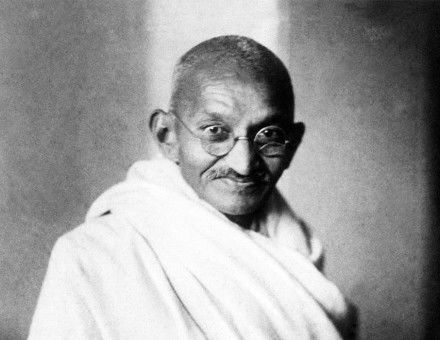The Freud Revolution
Si Fullinwider analyses how the nineteenth-century values of sexless 'respectability' were challenged by the ambiguities stirred up by Freud's delving into the unconcious.
How do we explain the conformity we know as 'respectability' that became so characteristic of the triumphant middle classes in nineteenth-century Western Europe and North America? Perhaps in this way: those middle classes rose to power with very little to legitimise them. The pre-bourgeois elites at least had the Great Chain of Being to give them divine sanction and an identifiable place in society, in history, and in the divine economy. In the 1640s the emerging middle classes in Britain and Boston tried rule by the 'saints', but success eluded them. Historian George Mosse has summarised the legacy those embattled Puritan saints bequeathed to future generations of bourgeoisie as 'the onslaught of respectability', and pointed out that eighteenth-century British evangelism (in Germany, pietism) powerfully reinforced the onslaught.





